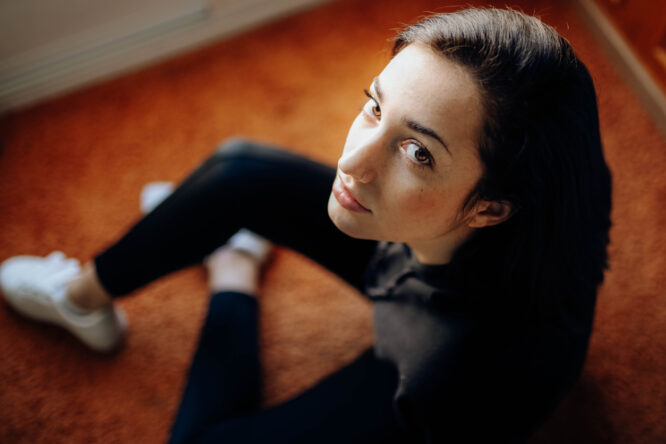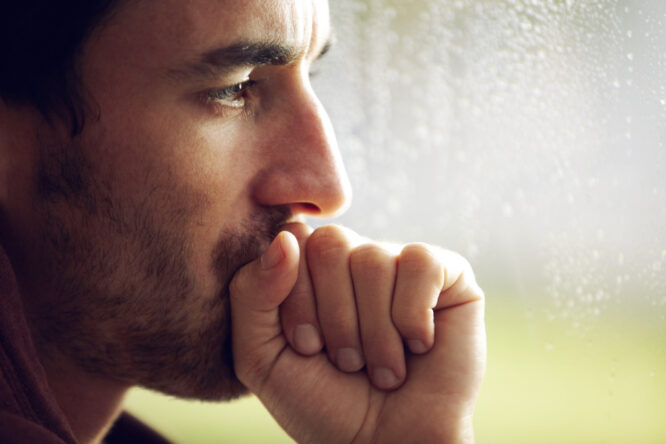Decluttering doesn’t always require overhauling your entire home and whittling your belongings down to the bare minimum.
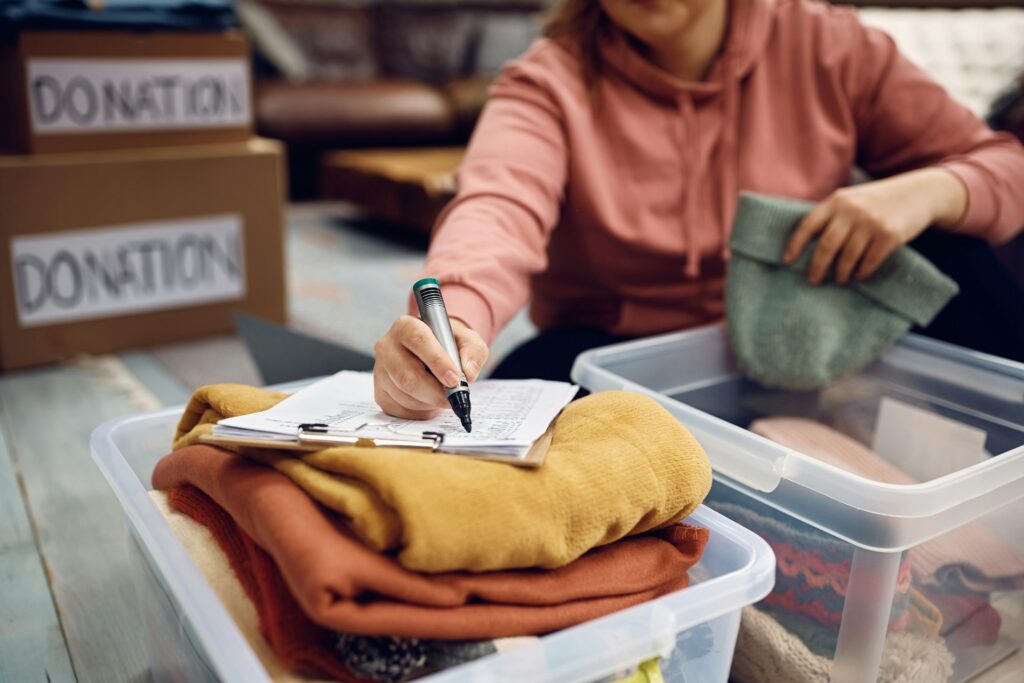 Source: Unsplash
Source: Unsplash It’s usually a bunch of small changes that stack up over time—changes in how you think, what you keep, and how you move through your space. You might not notice them at first, but they matter. These are the signs you’re actually getting somewhere, even if it doesn’t feel like it yet.
1. You stop saying “I might need this one day” about everything.
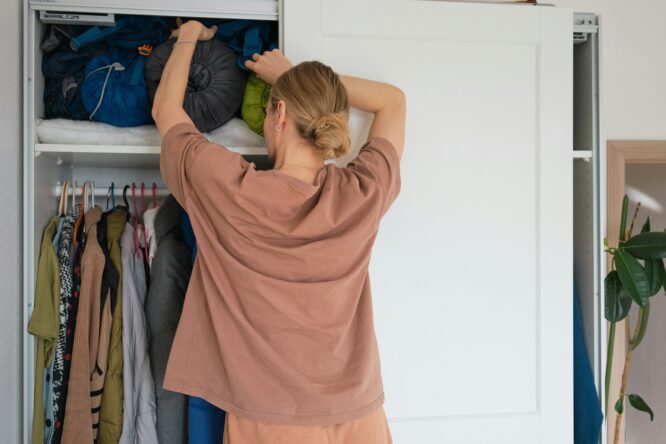
At first, everything feels like a “just in case” item. That broken charger, those jeans that haven’t fit since 2018, the half-burned candle from an ex—you’ve kept it all because… maybe? But somewhere along the line, you stop holding onto every item like it’s a lifeline. You start realising that “someday” rarely comes, and even if it does, you’ll be okay without it.
It’s not about being reckless. It’s about building trust in your future self. If you ever *do* need it again, you’ll figure it out. Once you let that idea sink in, decluttering gets less emotional and more instinctive. You’re not just tossing things—you’re reclaiming space from fear-based thinking.
2. You actually know what’s in your drawers.
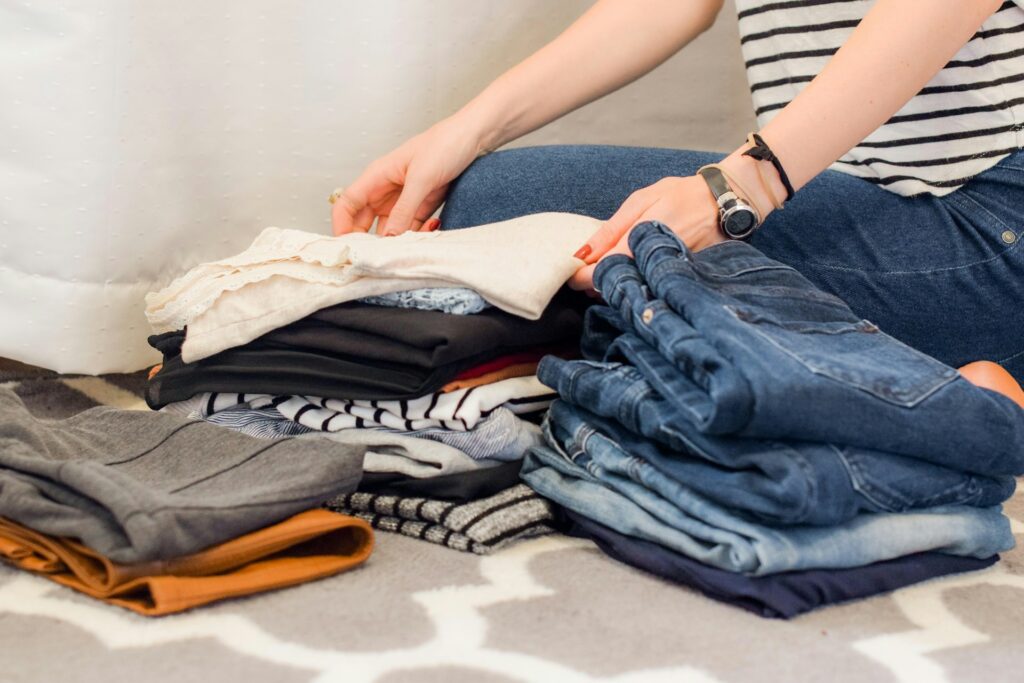 Source: Unsplash
Source: Unsplash Before, opening a drawer meant facing chaos. Expired coupons, tangled cables, four pairs of scissors, none of which ever worked when you needed them. Now? There’s a change. You’re not just cramming things in to “deal with later.” You know what’s there. You use what’s there. And most of it actually belongs there.
This might seem small, but it’s not. It means you’ve started creating homes for things, not hiding places. You’re giving yourself clarity instead of clutter. That kind of order doesn’t just help your stuff—it helps your brain.
3. You’ve stopped shopping to soothe boredom.

You’re still drawn to a good online browse now and then, but that “Buy Now” button doesn’t feel as urgent. You’ve started noticing that most impulse purchases didn’t fix your bad mood—they just added to the pile. Now, you pause. You ask: do I really need this? Will it improve my space, or just fill it?
Shopping used to be a quick hit of control. Now, you’re building that same feeling through editing what you already have. There’s nothing restrictive about it; it’s just more mindful. And that shift sticks.
4. You no longer feel weird throwing out gifts.
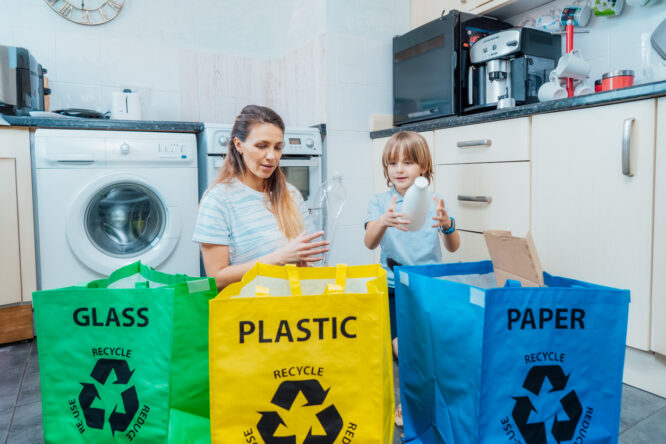
Gift guilt used to hit hard. The candle you never lit, the framed quote that didn’t match your taste, the souvenir mug from someone’s holiday. However, you’re learning that letting it go doesn’t mean you don’t care. It means you care more about how your space feels now.
The love was in the giving, not the keeping. When you understand that, you stop cluttering your home with things that don’t reflect your current life. You keep the memory, not the object. That’s growth.
5. You can find things when you actually need them.

No more scavenger hunts for nail clippers, phone chargers, or that one important document. You know where things are not because you’ve memorised every drawer, but because there’s actually less to lose track of. This milestone is underrated. It saves you time, cuts daily stress, and boosts your sense of competence. You’re not scrambling. You’re organised, and it didn’t require perfection, just consistency.
6. You’ve started questioning what “clutter” even means for you.

It’s no longer just about old receipts and broken things. You’re looking at your stuff with fresh eyes. Do I still like this? Do I still use it? Does this version of me even want this here? Decluttering becomes less about minimalism and more about alignment. You’re editing your space to reflect who you are now—not who you were, or who you felt obligated to be. That’s where the real transformation begins.
7. You feel physically better in your space.

There’s less tension in your shoulders when you walk into a room. You’re not constantly stepping over piles or shoving things aside to sit down. The air feels lighter, even if you haven’t done a full makeover. Your environment affects your nervous system more than you think. Decluttering clears out noise your brain was constantly processing in the background. Now that it’s quieter, you have more energy, more focus, and more peace.
8. You’ve stopped needing a full-day clear-out panic.

Before, decluttering meant bracing for an overwhelming weekend project. Now, it’s just something you do in real time. A little here, a little there. Tossing junk mail before it piles up. Putting clothes away instead of letting them take over a chair. You’re not chasing a perfectly clean house—you’re building habits that keep things flowing. And when a mess does pop up, it doesn’t spiral into a crisis. You handle it. That kind of calm is hard-earned.
9. You enjoy empty space instead of trying to fill it.
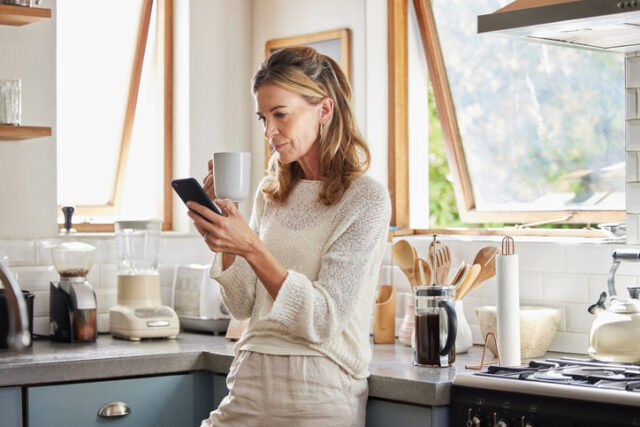
Where there used to be a compulsion to cover every shelf, fill every wall, or stack up “just in case” storage bins—you’re now finding joy in space itself. You leave that shelf blank and don’t feel like it’s missing anything. This is the mindset change no one talks about. It’s not about living in a magazine spread; it’s about finally having space to breathe, move, and think. You stop performing your home and start living in it.
10. You’ve started saying “no” to free stuff.

The tote bag from the event. The hand-me-down dishes. The sample that comes with the purchase. You used to take it all. Now? You pause. You realise “free” isn’t always worth it if it ends up being clutter in disguise. This one’s subtle but important. It means your space has boundaries now. You’re not just letting things in because they’re convenient—you’re deciding what’s worth your time, your energy, and your home. That’s control.
11. You can let go without the drama.

You don’t need to psych yourself up anymore. You’re not sitting on the floor with a pile of memories trying to talk yourself into being ruthless. You’ve trained your brain to say, “This no longer serves me,” and move on. It’s not cold, it’s clear. You’ve separated objects from identity. You know what you need, and you know what you’re ready to release. That calm detachment isn’t about being heartless—it’s about finally having peace with your things.
12. You trust that what’s gone doesn’t own you anymore.

You’re not haunted by what you donated last month or what you threw out last year. You don’t feel like you lost a part of yourself. You feel lighter. More here. More in charge of what surrounds you. This is when you know it’s working. When your space reflects your values, not your fears. When your home feels like support—not stress. You’re not done (no one ever is), but you’re not stuck anymore either. And that? That’s major progress.


